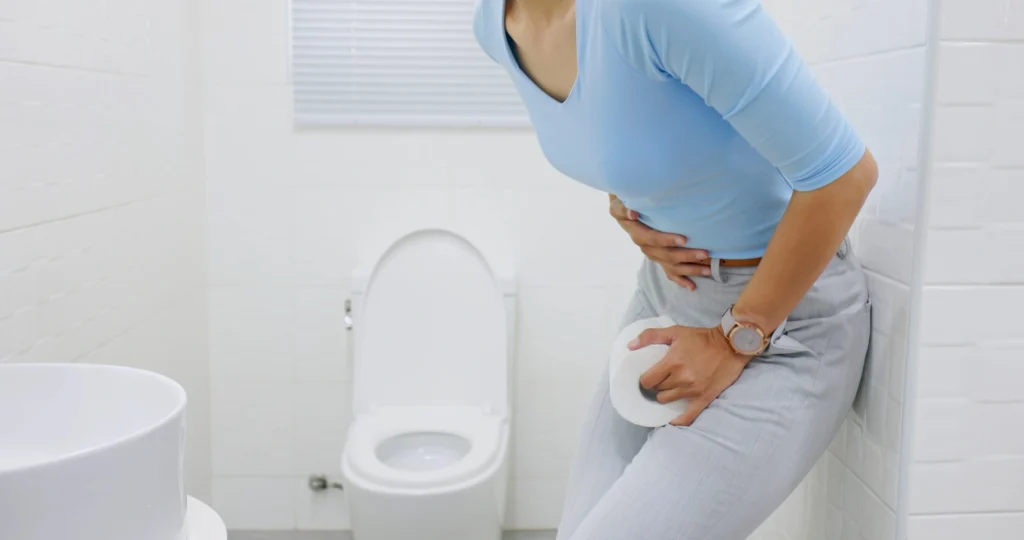Several conditions can lead to painful urination, many of which are treatable. Common causes include:
Urinary Tract Infections (UTIs) – The most frequent cause, UTIs occur when bacteria enter the urinary tract, leading to irritation and inflammation.
Vaginal infections – Such as yeast infections or bacterial vaginosis, which may cause external irritation during urination.
Sexually Transmitted Infections (STIs) – Including chlamydia, gonorrhea, herpes, and trichomoniasis, which can irritate the urinary tract and genital area.
Bladder inflammation (cystitis) – Often caused by infection but can also occur without one, known as interstitial cystitis.
Irritants – Bubble baths, soaps, or hygiene sprays may cause external irritation.
Kidney stones – Hard mineral deposits that can move into the urinary tract and cause sharp pain.
Postmenopausal changes – Vaginal dryness or thinning of the vaginal and urethral tissues due to low estrogen levels.

The exact cause of PROM is not always known, but several factors can increase the risk, including:
Infections of the uterus, cervix, or vagina
Overdistended uterus, often due to multiple babies or excess amniotic fluid
Smoking during pregnancy
History of PROM in a previous pregnancy
Short cervix or cervical insufficiency
Invasive procedures, such as amniocentesis or cerclage
Sexually transmitted infections (STIs)
Poor nutrition or lack of prenatal care
Painful urination may come with other symptoms depending on the underlying cause, such as:
To diagnose the cause of painful urination, your healthcare provider may:
Timely diagnosis is important to prevent complications and ensure proper treatment.
Treatment for painful urination depends on the cause:
UTIs – Treated with antibiotics to clear the infection
Yeast infections – Managed with antifungal creams or oral medication
STIs – Require specific antibiotics or antiviral treatment
Irritation – Avoiding harsh soaps or products often resolves symptoms
Postmenopausal changes – May benefit from topical estrogen therapy
Hydration and rest – Support healing and reduce urinary discomfort
Always finish your full course of treatment, even if symptoms improve early.
Painful urination is a symptom, not a condition—and understanding its cause is the first step to relief. Whether due to an infection, irritation, or hormonal change, treatment is often simple and effective. If you experience burning, stinging, or discomfort while urinating, don’t wait. Contact our clinic for a full evaluation and compassionate, expert care.